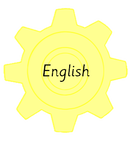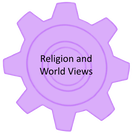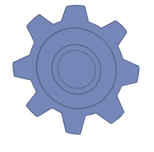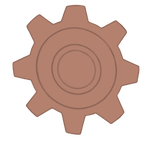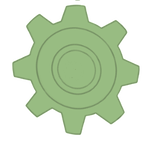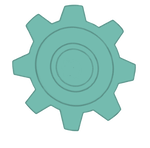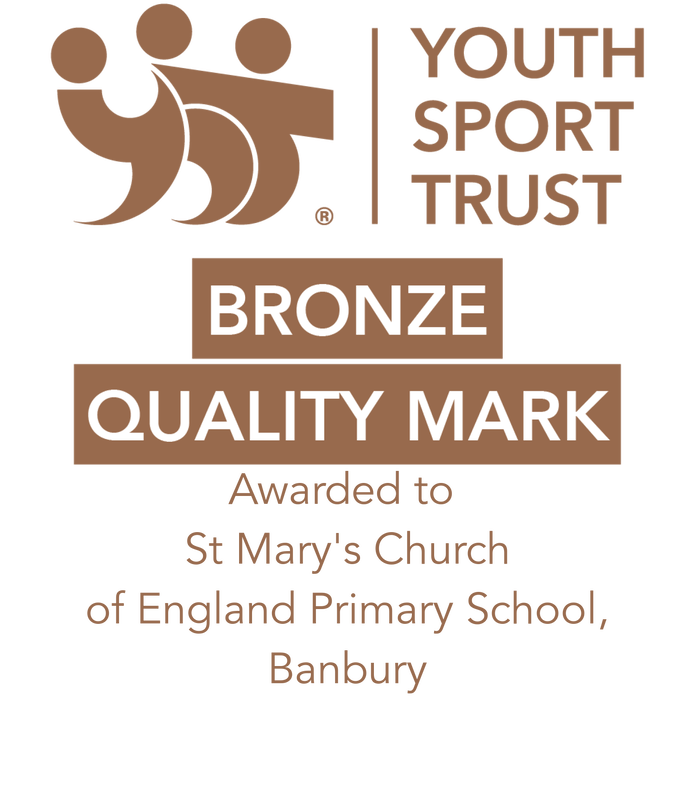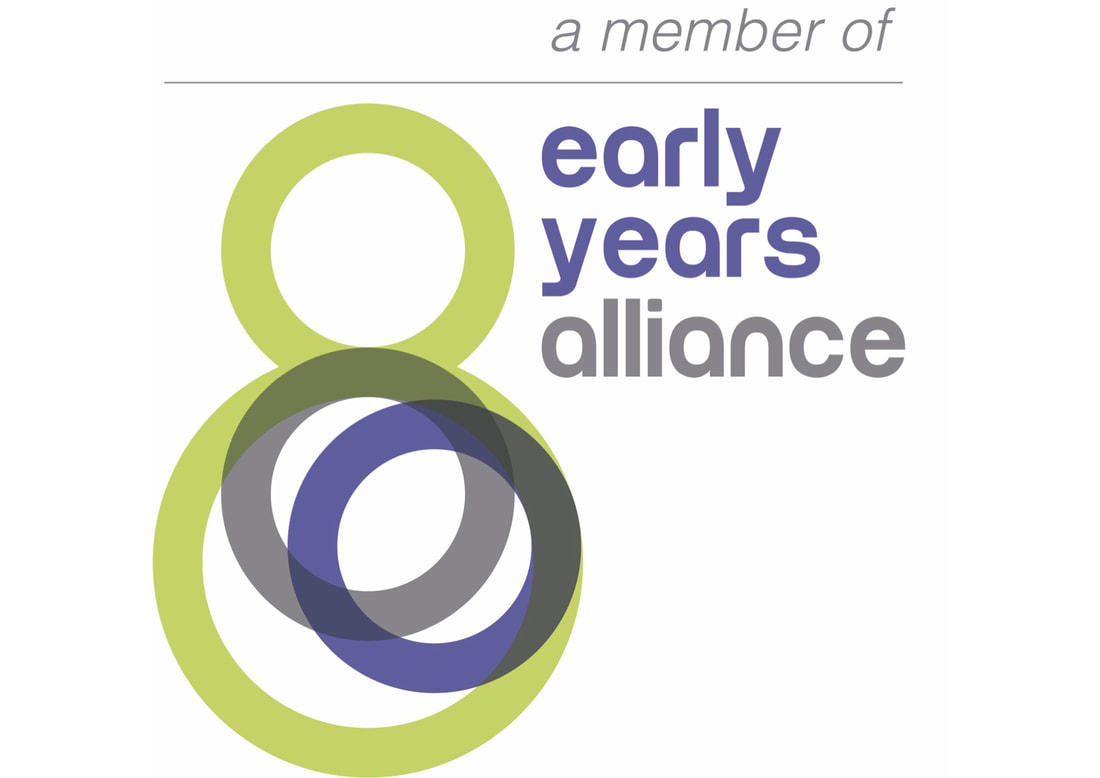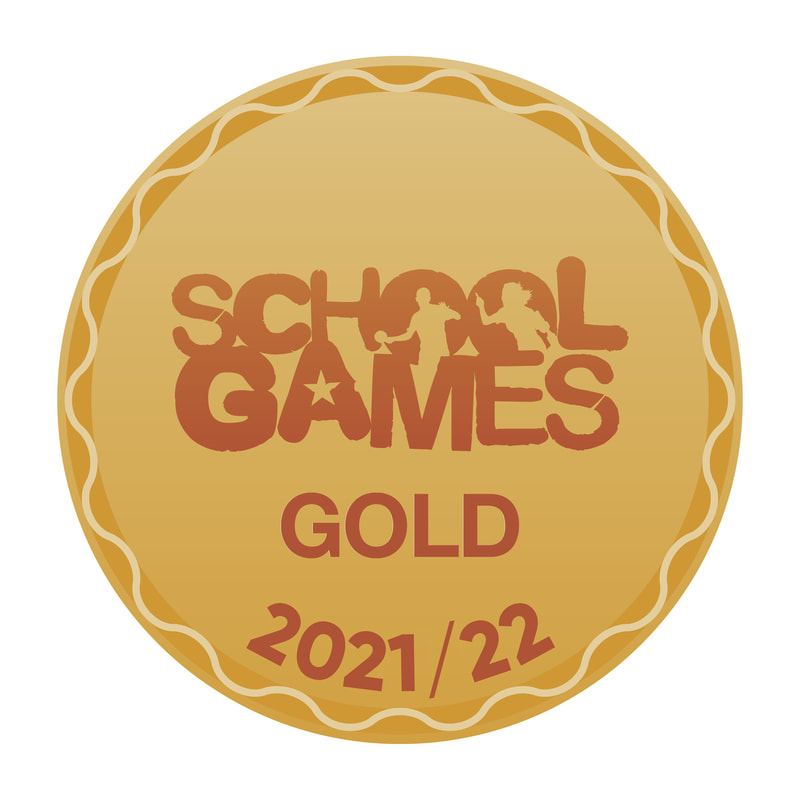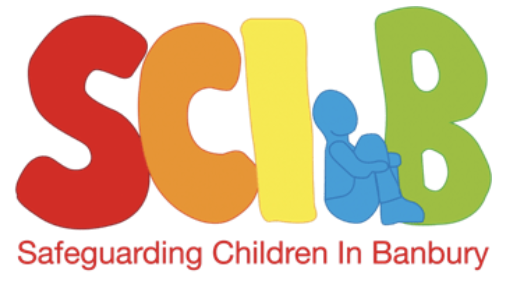The St Mary’s Curriculum: Learning, Transforming, Growing
We recognise that all children are on a developmental Learning Journey which starts with the Foundation Stage Curriculum. We aim, though our KS1 and KS2 curriculum plans to build on these secure links in learning and enable children to make natural and powerful connections between subjects and disciplines. This work starts in our Nursery with ‘in the moment’ planning and extends through to Y6 by which time children can select the subject and knowledge they need to draw upon and within which they can work to further develop their skills and knowledge to enable them to make a successful transfer to secondary school.
Throughout our Curriculum we value and take every opportunity to develop children’s understanding of the world they live in and the opportunities life offers them. We do this within their community and environment and also by stretching our horizons to offer children experiences and exposure to venues, events and occasions which may not be otherwise have the opportunity to experience.
In this way we live our Vision to “Learn, Transform and Grow” into able, independent and ambitious learners.
We represent our curriculum as a series of cogs - we liken the motion of the cog with our intent for learning; engaging children with subjects and supporting cross curricular learning by using skills and knowledge from hubs to drive forward learning.
The curriculum is organised into hubs of subjects. Each hub is large cog and each subject is represented as a smaller cog. You can click on each Hub to find out more about how we learn each subject
Throughout our Curriculum we value and take every opportunity to develop children’s understanding of the world they live in and the opportunities life offers them. We do this within their community and environment and also by stretching our horizons to offer children experiences and exposure to venues, events and occasions which may not be otherwise have the opportunity to experience.
In this way we live our Vision to “Learn, Transform and Grow” into able, independent and ambitious learners.
We represent our curriculum as a series of cogs - we liken the motion of the cog with our intent for learning; engaging children with subjects and supporting cross curricular learning by using skills and knowledge from hubs to drive forward learning.
The curriculum is organised into hubs of subjects. Each hub is large cog and each subject is represented as a smaller cog. You can click on each Hub to find out more about how we learn each subject
Continuous Provision
From the very start of their St Marys School journey, our children show us that play is our brain’s favourite way of learning, which is why it’s the centre of our EYFS and KS1 curriculum. We believe that continuous provision helps independent, inquisitive and motivated learners to flourish by meeting the language, social, emotional and physical needs of our children.
Continuous provision at St Mary's enables children from all backgrounds to have the same opportunities, providing a rich variety of practical experiences. Children are encouraged to take responsibility for extending and practicing what they have been learning and complete challenges which are designed to foster and ignite their curiosity.
Children are taught to use life-long skills such as perseverance, problem solving and responsibility in their day to day routine and plan their own learning enquiries. The flexibility and ownership that children have of their learning means that opportunities can be easily adapted to meet the specific needs of each individual child – no matter what their starting point.
From the very start of their St Marys School journey, our children show us that play is our brain’s favourite way of learning, which is why it’s the centre of our EYFS and KS1 curriculum. We believe that continuous provision helps independent, inquisitive and motivated learners to flourish by meeting the language, social, emotional and physical needs of our children.
Continuous provision at St Mary's enables children from all backgrounds to have the same opportunities, providing a rich variety of practical experiences. Children are encouraged to take responsibility for extending and practicing what they have been learning and complete challenges which are designed to foster and ignite their curiosity.
Children are taught to use life-long skills such as perseverance, problem solving and responsibility in their day to day routine and plan their own learning enquiries. The flexibility and ownership that children have of their learning means that opportunities can be easily adapted to meet the specific needs of each individual child – no matter what their starting point.
How is it planned and documented?
Our curriculum is designed annually in consultation with children and staff. Pupil voice is gathered through end of year surveys and discussions about projects. Children identify what they have enjoyed learning and what they would like to learn the following year; which is taken account of at the next stage of design.
Next, teams of teachers work in phases to plan the curriculum; taking account of previous learning (evaluations/coverage/monitoring). This stage takes place as a whole school planning event; utilising subject leader expertise, prior knowledge of curriculum, knowledge of cohorts and what the community has to offer. This planning stage results in the formation of a Curriculum overview
Curriculum overviews
This document maps out the year and is archived to plot a cohort’s journey through school. These identify the subjects to be covered, the WOW, trips and visitors and EXPO opportunities for each project. These are monitored by the SLT in the first instance and then reviewed by hub teams to ensure coverage of subjects.
Long term plan
Once the curriculum overview has been agreed it is used to create a long term overview.
A long term overview designed for parents and children and is sent home and displayed on website.
Projects
The next stage of the planning process is to focus on the project.
Project planners
This document is subject specific and identifies the objectives to be covered, the vocabulary to be taught, the questions that will asked and the intended outcomes for ability groups of children with each project.
The project planner is a working document and evaluations of the project influence next steps in terms of curriculum design and also projects planned for the year.
Medium term organiser
A breakdown of week by week coverage to plot the intended coverage.
How is our curriculum assessed?
Our curriculum is designed annually in consultation with children and staff. Pupil voice is gathered through end of year surveys and discussions about projects. Children identify what they have enjoyed learning and what they would like to learn the following year; which is taken account of at the next stage of design.
Next, teams of teachers work in phases to plan the curriculum; taking account of previous learning (evaluations/coverage/monitoring). This stage takes place as a whole school planning event; utilising subject leader expertise, prior knowledge of curriculum, knowledge of cohorts and what the community has to offer. This planning stage results in the formation of a Curriculum overview
Curriculum overviews
This document maps out the year and is archived to plot a cohort’s journey through school. These identify the subjects to be covered, the WOW, trips and visitors and EXPO opportunities for each project. These are monitored by the SLT in the first instance and then reviewed by hub teams to ensure coverage of subjects.
Long term plan
Once the curriculum overview has been agreed it is used to create a long term overview.
A long term overview designed for parents and children and is sent home and displayed on website.
Projects
The next stage of the planning process is to focus on the project.
Project planners
This document is subject specific and identifies the objectives to be covered, the vocabulary to be taught, the questions that will asked and the intended outcomes for ability groups of children with each project.
The project planner is a working document and evaluations of the project influence next steps in terms of curriculum design and also projects planned for the year.
Medium term organiser
A breakdown of week by week coverage to plot the intended coverage.
How is our curriculum assessed?
- Pre teaching tasks such as KWL/ vocabulary assessments to ascertain prior knowledge
- Effective questioning - pre planned questions identified in the project planners and questioning to inform next steps
- Marking - identifying next steps for individuals as well as groups of learners
- Portfolio - a collection of tracked objectives and sample pieces of work for three ability levels.
Cog maps
This is a parent and child friendly document identifying the details of the subjects being covered in the topic- sent home and displayed on website.
How is the curriculum monitored?
Wows!
These are designed to engage children with their learning. A wow day might be in the form of a trip or a visitor, a series of collaborative challenges or an aspect of the project to be taught later on. We want our children to be excited to come to school and have a passion for learning. These engaging days give the children a flavour of what is to come.
Trips and visitors
We use trips as a starting point to our learning so that the experiences children have during a trip add a layer onto learning. Trips are planned with learning objectives in mind and we liaise with establishments to get the most out of the visit.
Visitors are used to add expertise into our curriculum - with children being able to meet someone connected with the topic either through their job or interest.
Expos
This is a chance to share the learning that has taken place. Expos can be; a performance, a pop up museum, children teaching others, a gallery of work, or an observed lesson. Some Expos are for parents, some are for the community and other classes within the school.
The expos give children experience of presenting to an audience and a chance for our community to see learning outcomes.
Homework
Each week there is a homework task that is linked to the project learning for children in Years 1 - 6.
If you have any questions about our curriculum, please contact
[email protected] or on 01295 263026
This is a parent and child friendly document identifying the details of the subjects being covered in the topic- sent home and displayed on website.
How is the curriculum monitored?
- Pupil voice
- Book scrutiny
- Lesson observations
- Portfolio monitoring
Wows!
These are designed to engage children with their learning. A wow day might be in the form of a trip or a visitor, a series of collaborative challenges or an aspect of the project to be taught later on. We want our children to be excited to come to school and have a passion for learning. These engaging days give the children a flavour of what is to come.
Trips and visitors
We use trips as a starting point to our learning so that the experiences children have during a trip add a layer onto learning. Trips are planned with learning objectives in mind and we liaise with establishments to get the most out of the visit.
Visitors are used to add expertise into our curriculum - with children being able to meet someone connected with the topic either through their job or interest.
Expos
This is a chance to share the learning that has taken place. Expos can be; a performance, a pop up museum, children teaching others, a gallery of work, or an observed lesson. Some Expos are for parents, some are for the community and other classes within the school.
The expos give children experience of presenting to an audience and a chance for our community to see learning outcomes.
Homework
Each week there is a homework task that is linked to the project learning for children in Years 1 - 6.
If you have any questions about our curriculum, please contact
[email protected] or on 01295 263026
We are in the process of moving to Arbor. You will be able to use the Parent Portal and the App to make payments for trips and events, after school club and school meals.
St. Mary's Church of England (VC) Primary School Southam Road Banbury OX16 2EG
Headteacher: Victoria Woods
Tel/Fax: 01295 263026 Email [email protected]
Headteacher: Victoria Woods
Tel/Fax: 01295 263026 Email [email protected]

